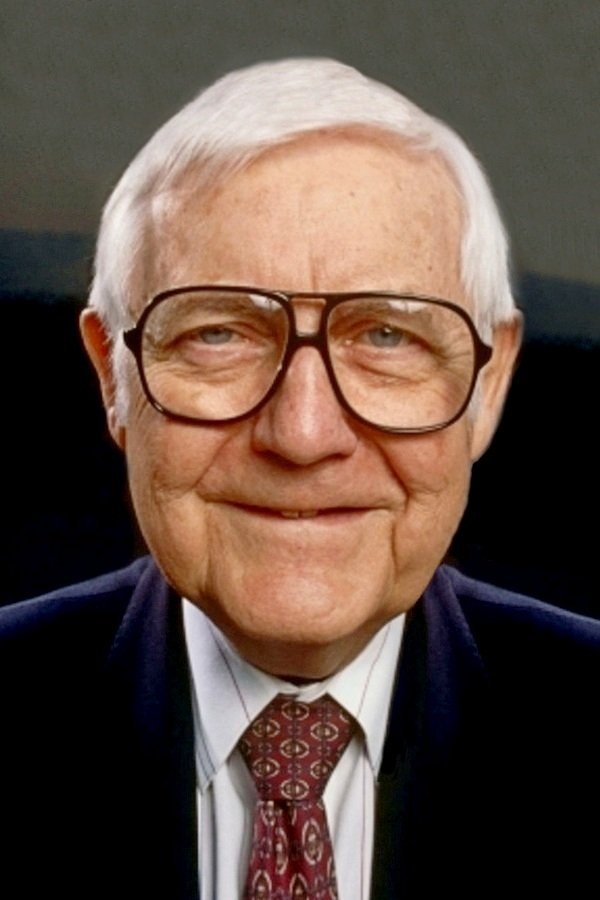
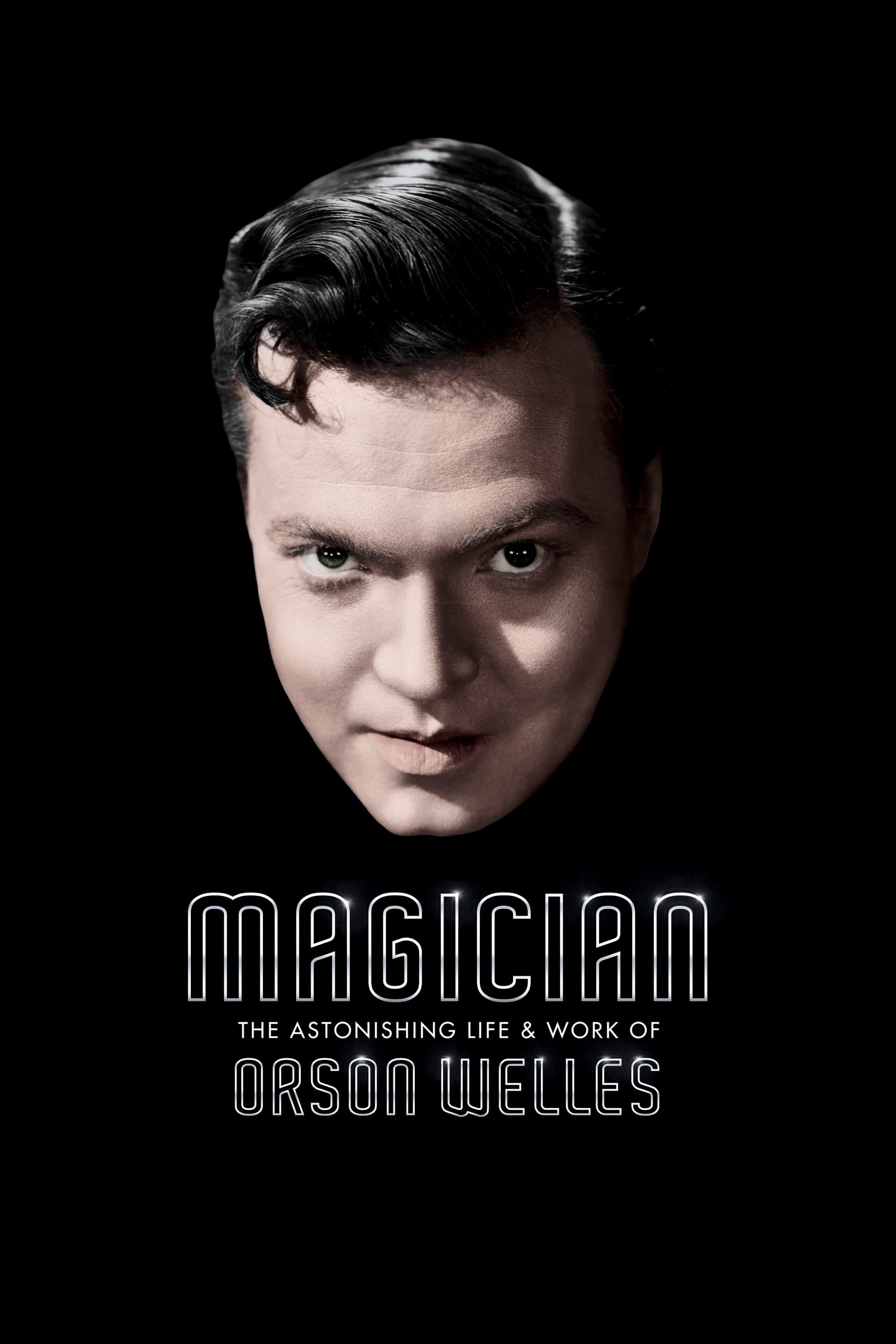
The extraordinary life of Orson Welles (1915-85), an enigma of Hollywood, an irreducible independent creator: a musical prodigy, an excellent painter, a master of theater and radio, a modern Shakespeare, a magician who was always searching for a new trick to surprise his audience, a romantic and legendary figure who lived only for cinema.

From THINGS to BODY SNATCHERS to CREATURES FROM THE BLACK LAGOON, sci-fi monsters dominated 1950s horror. Take a ride to an era of drive-ins, Red Scares, low budgets and big bugs with SPACE INVADERS AND DRIVE INS.
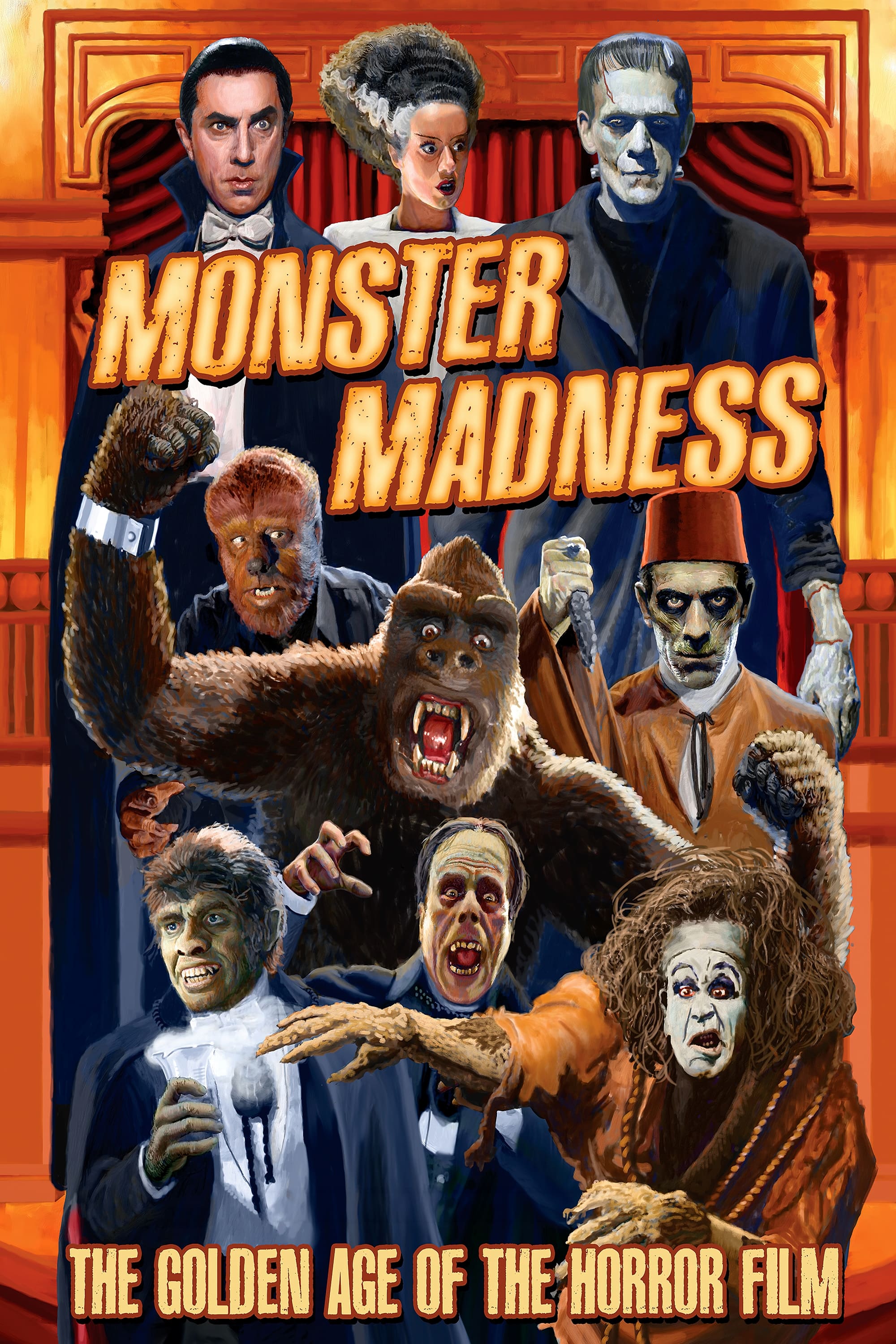
Join foremost experts discussing true Horror Classics - Frankenstein, Dracula, The Black Cat, Wolfman, King Kong, Bride of Frankenstein, and more. Grab the popcorn and take a deep breath as we conjure up the thrills, chills and magic of Monster Madness!
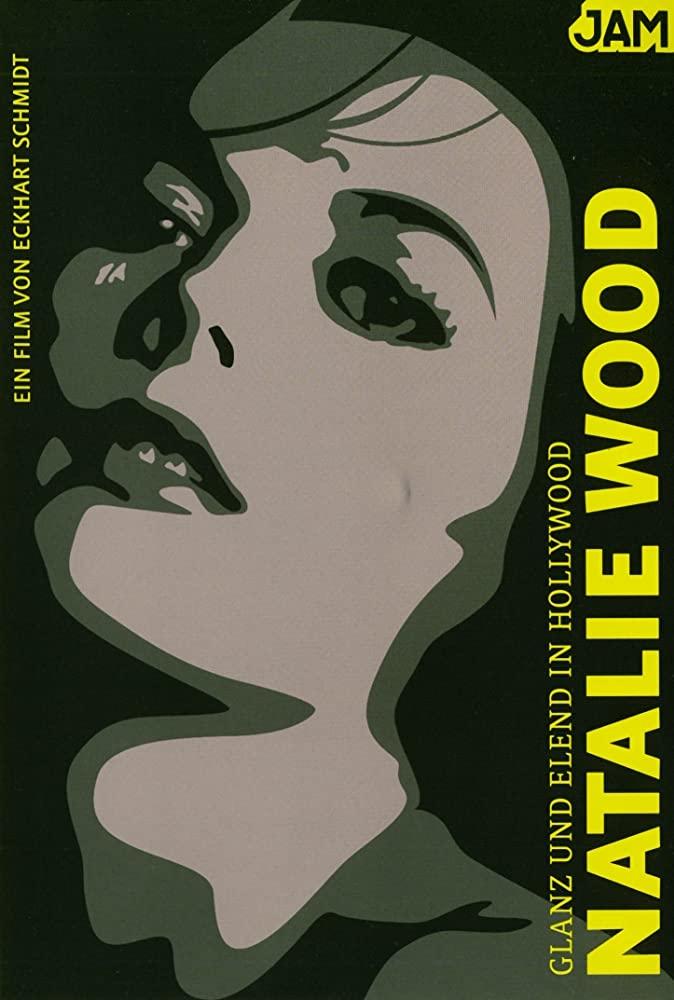
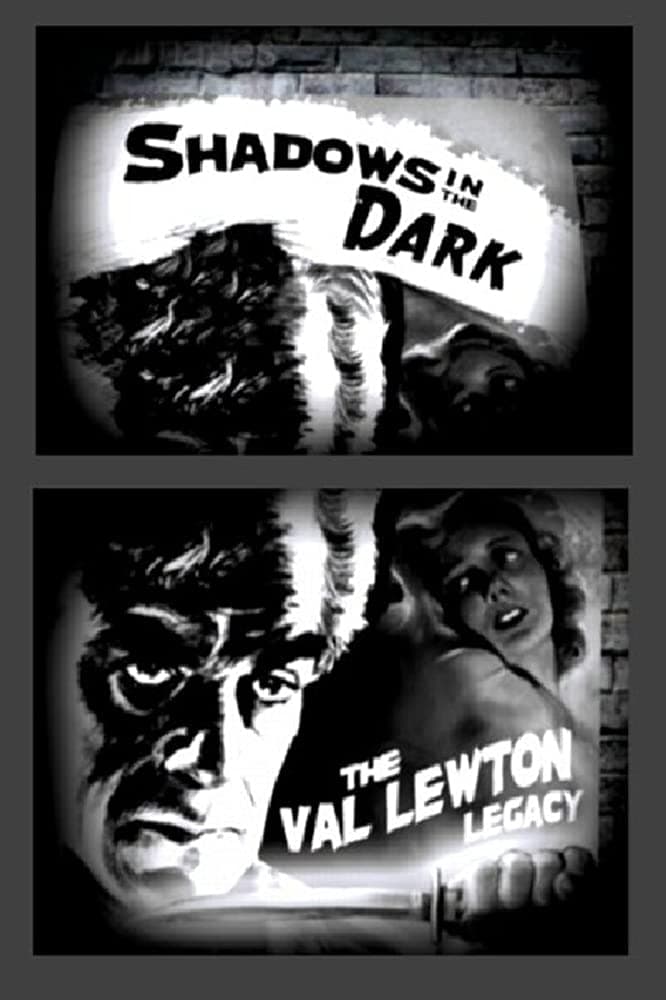
Documentary about the great 1940s horror movie producer Val Lewton, featured on the 2005 DVD release "The Val Lewton Horror Collection."
Film noir, which enjoyed particular success in the 1930s and 1940s, is probably the most profound genre of classic Hollywood cinema. Eckhart Schmidt tries to show the background and developments and speaks, among others, with directors such as Richard Fleischer and Robert Wise as well as with "femme fatale" actresses. Filmmakers of the following generations explain how the style and themes of noir continue to shape cinema today.
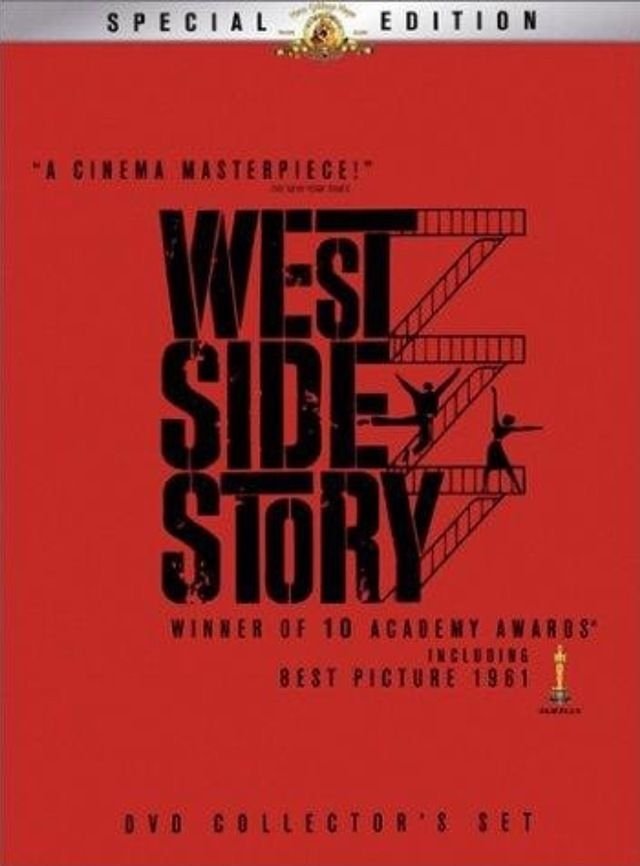
Documentary attached to the 50th anniversary MGM Blu-ray collection of "West Side Story" (1961). Details how this successful stage production was reared and molded into a beautiful cinematic one. Deep-dives into Jerome Robbins' choreography and Leonard Bernstein's score-making processes.
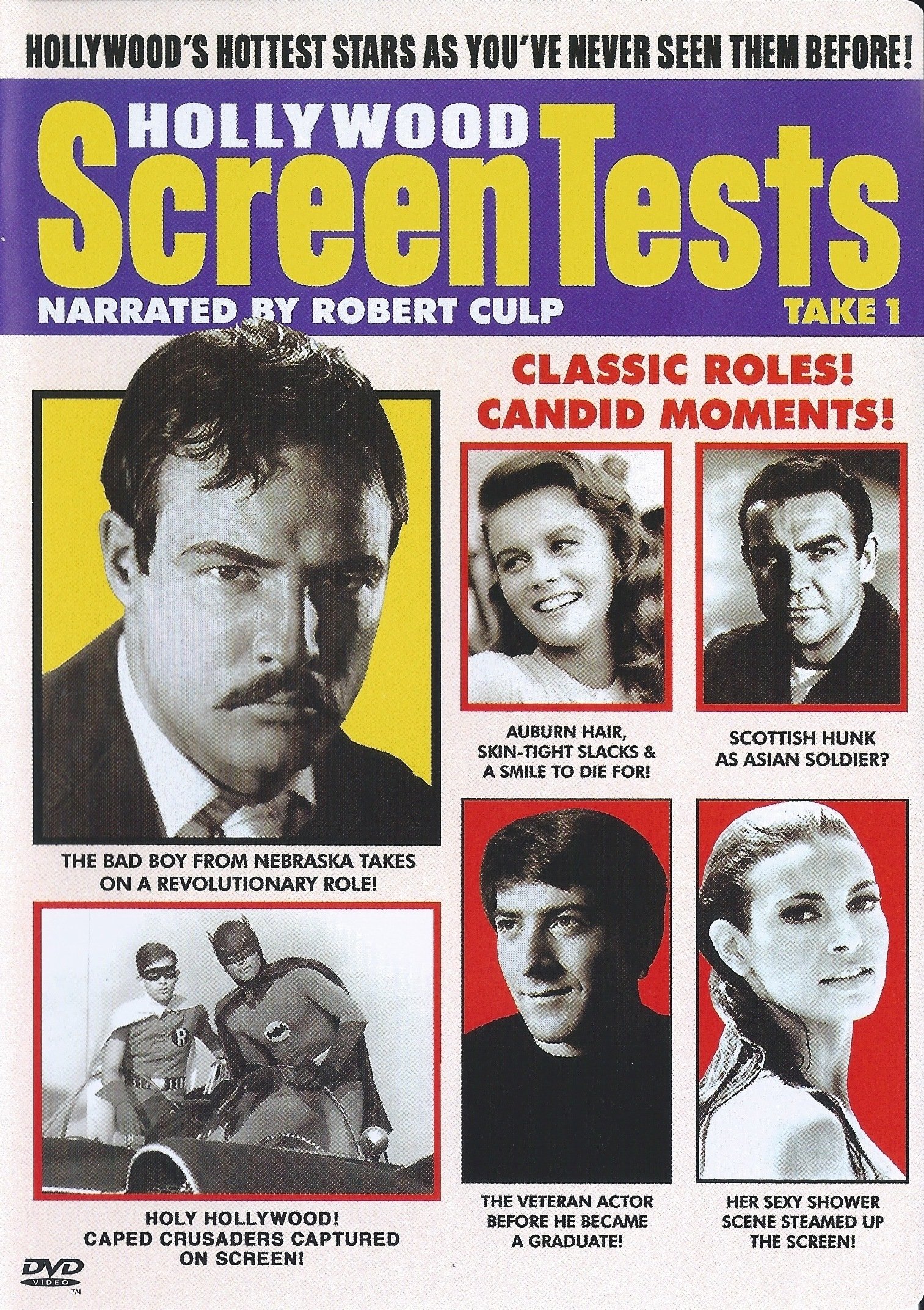
Even big stars need to stand in front of the director and audition for their roles, and some of the best screen tests are from the early years of legends. See some of Hollywood's top names and greatest talents in their very first appearances on celluloid. From Dustin Hoffman's 1966 stock and personality tests to Raquel Welch and James Coburn cavorting for Our Man Flint, from The Three Stooges to Rock Hudson, see stars trying to get on film.

Ekchart Schmidt examines the machinery behind the dream factory; the Hollywood myth is unmasked. How does the studio industry work? What role does marketing and the hype surrounding the stars play?
From Wikipedia, the free encyclopedia Robert Earl Wise (September 10, 1914 – September 14, 2005) was an American sound effects editor, film editor, film producer and director. He won Academy Awards as Best Director for The Sound of Music (1965) and West Side Story (1961) as well as nominations as Best Film Editing for Citizen Kane (1941) and Best Picture for The Sand Pebbles (1966). Among his other films are Born to Kill; Destination Gobi; The Hindenburg; Star Trek: The Motion Picture; The Day the Earth Stood Still; Run Silent, Run Deep; The Andromeda Strain; The Set-Up; The Haunting; and The Body Snatcher. Wise's working period spanned the 1930s to the 1990s. Often contrasted with contemporary "auteur" directors such as Stanley Kubrick who tended to bring a distinctive directorial "look" to a particular genre, Wise is famously viewed to have allowed his (sometimes studio assigned) story to dictate style. Later critics such as Martin Scorsese would go on to expand that characterization, insisting that despite Wise's notorious workaday concentration on stylistic perfection within the confines of genre and budget, his choice of subject matter and approach still functioned to identify Wise as an artist and not merely an artisan. Through whatever means, Wise's approach would bring him critical success as a director in many different traditional film genres: from horror to noir to Western to war films to science fiction, to musical and drama, with many repeat hits within each genre. Wise's tendency towards professionalism led to a degree of preparedness which, though nominally motivated by studio budget constraints, nevertheless advanced the moviemaking art, with many Academy Award-winning films the result. Robert Wise received the AFI Life Achievement Award in 1998. Description above from the Wikipedia article Robert Wise, licensed under CC-BY-SA, full list of contributors on Wikipedia.
By browsing this website, you accept our cookies policy.